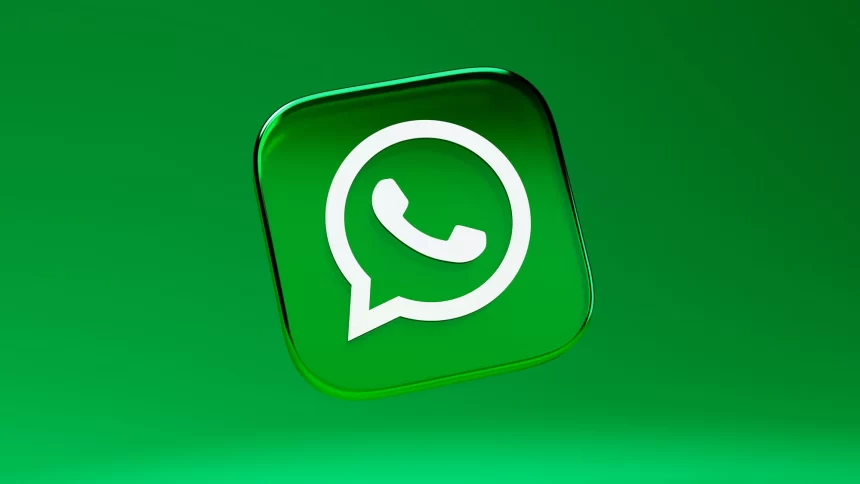WhatsApp chats are end-to-end encrypted which keeps its users secure but the messaging app warns that it will stop its services in India if it forced to break chat encryption in the near future. WhatsApp informed this to the Delhi High Court this week, where it is facing a big battle to keep its users secure behind its vaunted end-to-end encryption for chats, calls, videos and more.
WhatsApp won’t stay if it is made to break encryption of messages, the messaging service platform has told Delhi High Court in a case challenging the amended IT rules. WhatsApp and Facebook (now Meta) have challenged Rule 4(2) of the Information Technology (Intermediary Guidelines and Digital Media Ethics Code) Rules, 2021.
This rule lays down that a social media intermediary providing services primarily in the nature of messaging shall enable the identification of the first originator of the information on its computer resource, as may be required by a judicial order passed by a court or competent authority.
WhatsApp vs Indian Govt Over Your Privacy
The Indian government has repeatedly claimed that WhatsApp and other messaging apps need to allow them to trace the messages under the Information Technology (Intermediary Guidelines and Digital Media Ethics Code) Rules 2021 which is not possible when the chats are secure behind encryption and the keys are not accessible to anyone, including WhatsApp.
What is WhatsApp saying?
WhatsApp has unequivocally said it would not break its end-to-end encryption as it argues it would violate users’ privacy.
In its 2021 petition, the Meta-backed firm said the Indian government’s order to identify the first originator of the information was a threat to its “end-to-end encryption” and “users’ privacies.” It said the traceability provision was against the “fundamental right to privacy.”
About WhatsApp
WhatsApp (officially WhatsApp Messenger) is an instant messaging (IM) and voice-over-IP (VoIP) service owned by technology conglomerate Meta. It allows users to send text, voice messages and video messages,make voice and video calls, and share images, documents, user locations, and other content.WhatsApp’s client application runs on mobile devices, and can be accessed from computers. The service requires a cellular mobile telephone number to sign up.In January 2018, WhatsApp released a standalone business app called WhatsApp Business which can communicate with the standard WhatsApp clienv

















